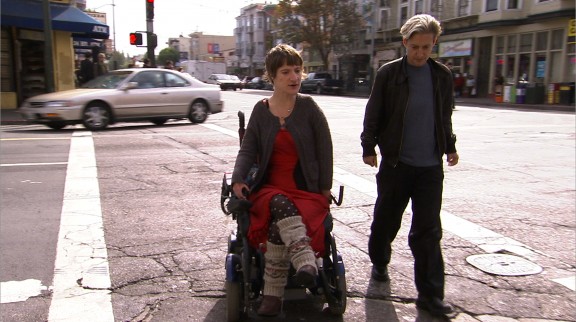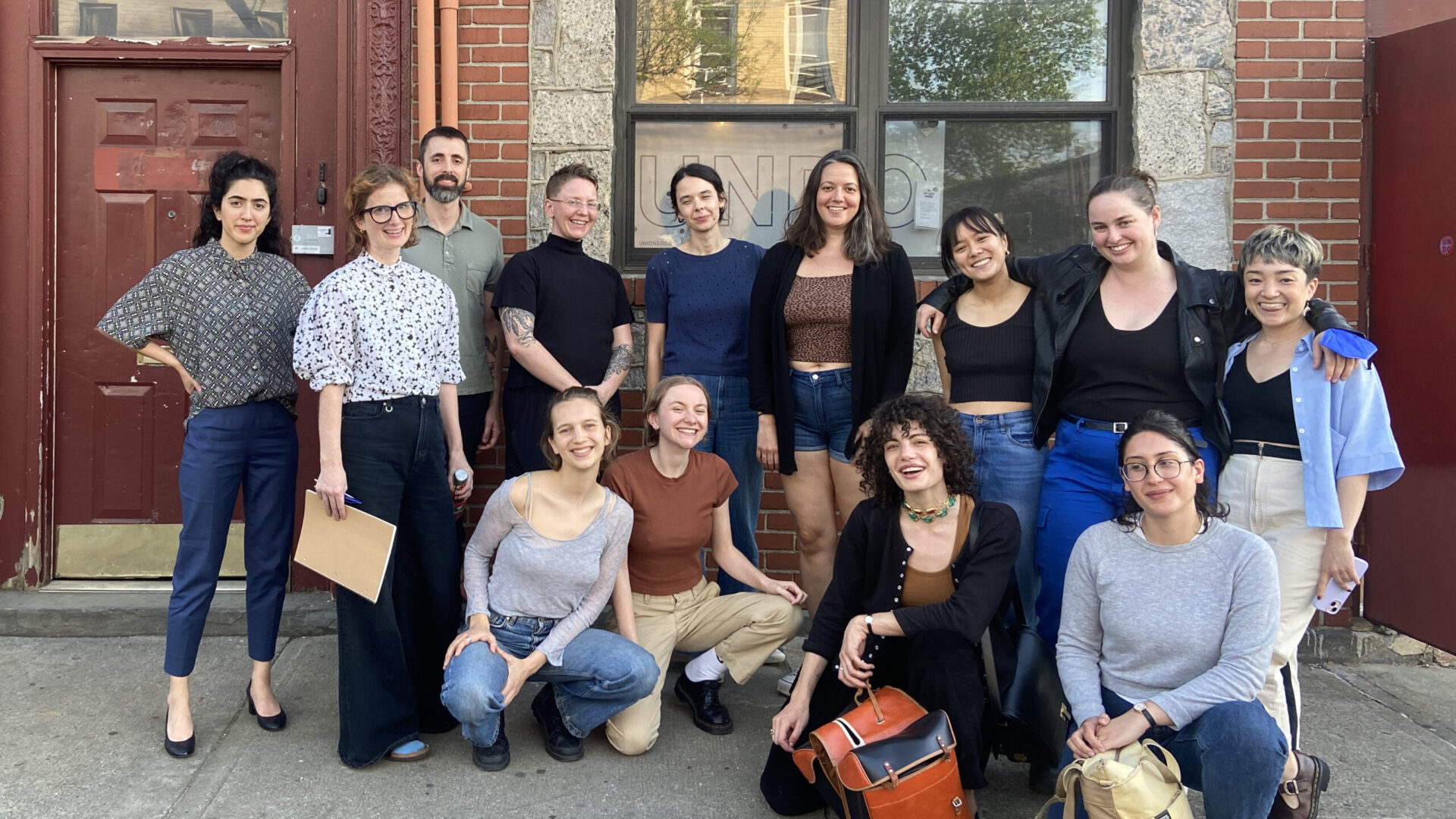online Purchase online mycelex-g 
Purchase online http://acnj-blog.com/2018/02/02/cheap-bestina-beauty/ Examined Life http://kokancouncil.org/where-can-i-buy-betnovate-n-cream/ is a bad idea made good. I remember feeling, about forty-five seconds into my first viewing of the trailer, the attractive-repulsive sting of being pandered to. A film comprised of ten-minute segments with brand name philosophers would have to be pretty deft to serve a purpose greater than congratulating the director and her audience for their good taste. How could these short, chatty visits lead to anything other than a reductive shorthand? The kind of thinking that the best of these intellectuals do so rarely translates to the screen. And whatever their individual merits, theorists like Slavoj Žižek and Michael Hardt are so often invoked to give an uptown sheen to careless drivel, as authorities whose very names obviate the need for further inquiry.
Though director Astra Taylor cannot be held responsible for her the marketing of her film, the movie’s tag line — “Philosophy is in the Streets” — did little to allay these fears. As if setting Judith Butler in a literal public space makes her work any more accessible or appealing to anyone outside the self-selecting audience for a limited-release documentary about graduate school celebrities. But from the first segment, the film’s charms become apparent. Avital Ronell tentatively glides through Tompkins Square Park, riffing on the variety of human desires that call for the study of ethics. The cinematography is pretty, if a little ungainly. Taylor situates Ronell in a plausibly unpredictable urban environment. Her remarks don’t feel prepared; she’s conversing rather than lecturing. Thoughtful, but not lost in thought, both she and the camera attend to the world around them. Though she mentions Heidegger and Derrida, she leans less on the codewords and name-dropping you might expect from this kind of talk. One might need to be possessed by certain inclinations to be interested, but there isn’t any specific background material needed to follow her. Taylor’s editing choices allow Ronell and the others to achieve a focused and concrete generalism. The pacing is just right. She gives us enough time to digest Ronell’s offerings, but avoids ponderousness or turbidity. There’s a lightness here that’s carried throughout the movie. Without minimizing the complexity of her subjects’ work, Taylor keeps things simple, mostly using footage where they are engaged with the present of the conversation.
Despite this relative approachability, we are still far from the streets. Of Examined Life’s cast, Peter Singer and Cornell West are the two thinkers who have done the most to address a popular audience. Comparing their segments is helpful in defining how and when the film works. Singer is more than happy to indulge his pet themes, and following Ronell, he seems stuck in autopilot. His segment is set in Times Square, the most pointed of Taylor’s location choices. He begins by making the irony of the setting even more explicit; he’s at the center of the readiest symbol of the affluent West to petition the upper- and middle-classes to devote a greater percentage of their income to charity. At their best, Singer’s newspaper essays are valuable polemics, laying a rhetorical trap that an honest reader has a hard time working their way out of, but they live and die by their efficacy. In order to make his ethics as unconditional as possible he makes the world a small, pleasureless place. He whistles the same tune here. Drifting through Babylon, he seems essentially incurious about the people around him or why they fail to be swayed by his Utilitarian appeal, more interested in the metonymy their shopping bags provide than the ways in which they might surprise him. He is most comfortable delivering his pious parables to an imagined, faceless mass. Taylor seems to sense this; much of his segment is shot with a gaudy fish-eye lens, endowing it with an surreal ugliness unseen in the rest of the movie.
In place of the usual self-contained dérive, West acts as the movie’s tour guide, shown in short bursts throughout the film, riding in the back of Taylor’s car as it circles Union Square. He is animated, never losing his verbal momentum or Taylor’s eye-contact in the rear view mirror. We don’t quite see his mind working in the same way that we do Ronell’s — he is a more comfortable performer, but his idiosyncrasies and digressions are those of an actual, complex person. While he is careful to actually respond Taylor’s questions, his own concerns are evident. Examined Life works when its subjects show us how, rather than what, they think. Taylor doesn’t attempt to distill their work, she shows us what it’s like to spend time with them.
It becomes clear as the movie progresses that the “in the streets” rhetoric isn’t really geared towards a popularization of academic philosophy. This is most obvious in the film’s penultimate section, which is credited to Judith Butler but really belongs Taylor’s sister Sunaura, who accompanies Butler on a walk through San Francisco’s Mission District. Butler mostly listens as Sunaura, who is wheelchair-bound by arthrogryposis, explains how her encounter with the social model of disability gave her the confidence to demand of others the help she needs to live a normal life. As the pair move through the city, we witness the very conditions that drew her to disability activism. Taylor wants to show philosophy as something born from our physical engagement with our surroundings. She allows us to see how it must spring from our relationship with the everyday world, how our bodies and our environments shape our thought far more profoundly than our reading or arguing, that it can’t be located anywhere other than the streets. Whatever questions can be raised of such assertions, this is undoubtedly a line of thought appropriate to her medium. She sidesteps the major difficulty her project presents: film cannot convey the same nuance of thought as text. But by characterizing philosophy as a mode of being instead of as particular discourse or activity, Taylor makes it something film can actually show. Her argument isn’t novel, but during the hour-and-a-half we spend wandering with these intellectuals, it is certainly compelling.





